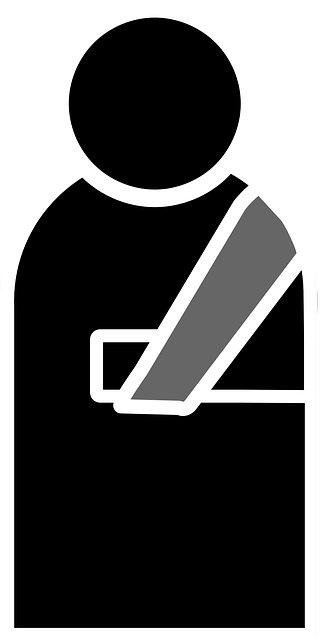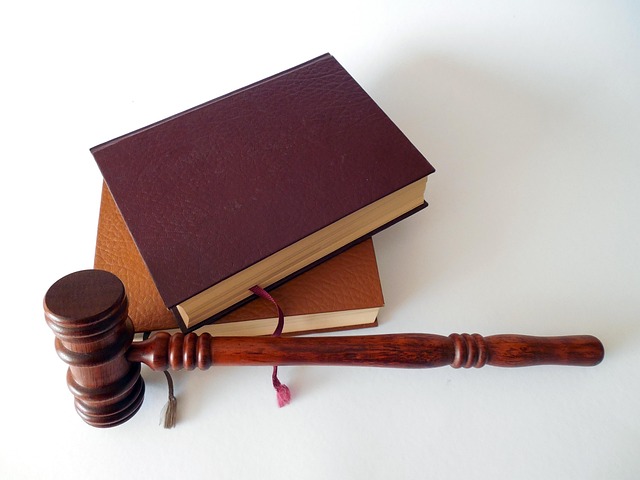Personal injury law is a crucial legal area ensuring justice for individuals harmed by negligence or intentional acts of others, covering accidents, medical malpractice, product defects, and workplace incidents. Key concepts include duty of care, negligence, liability, and damages. Cases vary widely, from car accidents to complex disputes like premises liability, medical malpractice, and product liability, requiring thorough investigations. Liability establishes responsibility for harm, while compensation redresses it, often including medical expenses, lost wages, pain and suffering. Understanding personal injury law is vital for plaintiffs seeking justice and defendants defending against unfair claims. Navigating a claim involves prioritizing healthcare, gathering evidence, consulting a lawyer, and potentially negotiating or litigating for fair compensation within legal timeframes.
Personal injury law encompasses a wide range of legal issues surrounding accidents and their consequences. If you’ve been injured due to someone else’s negligence, understanding your rights under this intricate legal framework is crucial. This comprehensive guide delves into the core aspects of personal injury law, covering everything from defining common types of cases and liability principles to demystifying the legal process, ensuring a clear path towards justice and compensation for your suffering.
- Understanding Personal Injury Law: A Comprehensive Overview
- Common Types of Personal Injury Cases and Their Legal Implications
- The Role of Liability and Compensation in Personal Injury Lawsuits
- Navigating the Process: From Accident to Resolution
Understanding Personal Injury Law: A Comprehensive Overview

Personal injury law encompasses a range of legal issues related to compensating individuals for physical, emotional, or financial harm caused by another party’s negligence or intentional actions. It serves as a crucial framework to ensure justice and fairness in situations where people suffer injuries due to accidents, medical malpractice, defective products, or workplace incidents. This area of law is designed to protect victims’ rights and provide them with the resources needed for recovery.
Understanding personal injury law involves grasping key concepts like duty of care, negligence, liability, and damages. Duty of care refers to the legal obligation that individuals or entities have to act reasonably to prevent foreseeable harm to others. Negligence occurs when a party fails to meet this standard of care, leading to injuries. Liability is established when it’s proven that the defendant’s actions (or inaction) were the direct cause of the plaintiff’s harm. Damages, which can include medical expenses, lost wages, and pain and suffering, are awarded to compensate victims for their losses and help them rebuild their lives.
Common Types of Personal Injury Cases and Their Legal Implications

Personal injury cases encompass a wide range of legal issues, each with its own unique challenges and implications under personal injury law. Common types include motor vehicle accidents, where negligence on the part of one or more drivers can lead to severe injuries and significant legal ramifications. Additionally, premises liability claims arise when individuals sustain harm due to unsafe conditions on another’s property, demanding thorough investigations into property owner duties and visitor rights.
Another frequent category is medical malpractice, which focuses on adverse outcomes resulting from healthcare provider negligence. These cases require meticulous examination of diagnostic procedures, treatment plans, and potential errors. Furthermore, product liability disputes involve defective goods or products that cause injury, leading to complex discussions about manufacturer responsibility and consumer protection under personal injury law.
The Role of Liability and Compensation in Personal Injury Lawsuits

In personal injury lawsuits, the concepts of liability and compensation form the backbone of legal proceedings. Liability refers to the legal responsibility of an individual or entity for causing harm to another person. When a plaintiff can establish that the defendant’s negligence or intentional act led to their injuries, they can pursue compensation through a lawsuit. This process involves presenting evidence, such as medical records and expert testimonies, to prove the extent of the damages incurred.
Compensation in personal injury law aims to redress the harm caused by the defendant. It may include reimbursement for medical expenses, loss of wages, pain and suffering, and other related costs. The amount awarded is determined by factors like the severity of the injuries, the impact on the plaintiff’s quality of life, and comparable verdicts in similar cases. Understanding these key elements is crucial for both plaintiffs seeking justice and defendants aiming to protect themselves from unfair claims.
Navigating the Process: From Accident to Resolution

Navigating the process of a personal injury claim can seem daunting, but understanding the steps is key to a successful resolution. After an accident, individuals should first assess their injuries and seek immediate medical attention if necessary. Once stable, they should document the incident by gathering evidence such as police reports, witness statements, and photographs of the scene. This crucial phase sets the foundation for any legal proceedings.
Next, affected parties should consult with a qualified personal injury lawyer who can guide them through the intricacies of personal injury law. The attorney will review the case, advise on potential compensation, and help file the claim within the designated timeframe. From there, negotiations or litigation may ensue, requiring persistent communication and collaboration between the client and their legal representation.
Personal injury law plays a crucial role in ensuring individuals are compensated for unforeseen accidents and harm. By understanding the various types of cases, the implications of liability, and the legal process involved, one can better navigate these complex matters. This comprehensive overview aims to equip folks with knowledge, enabling them to make informed decisions and seek justice in the event of personal injury. Remember that, when faced with such challenges, knowing your rights under personal injury law is a vital step towards healing and fair resolution.
